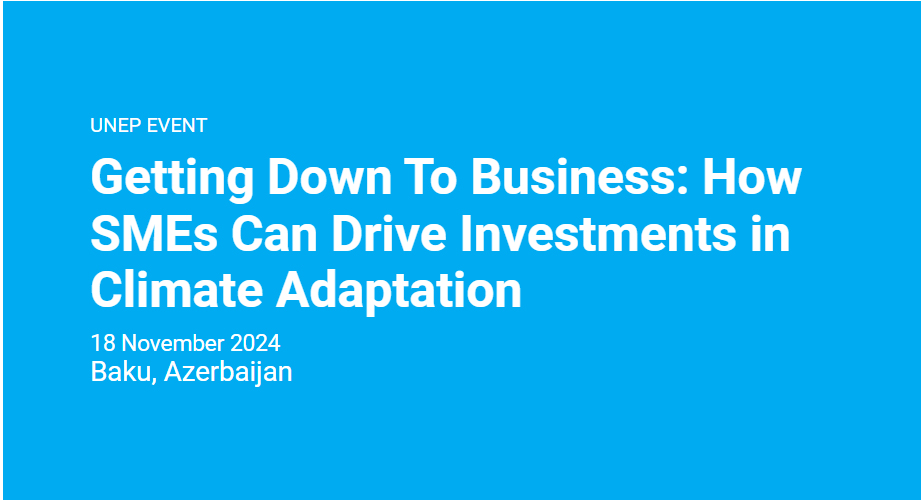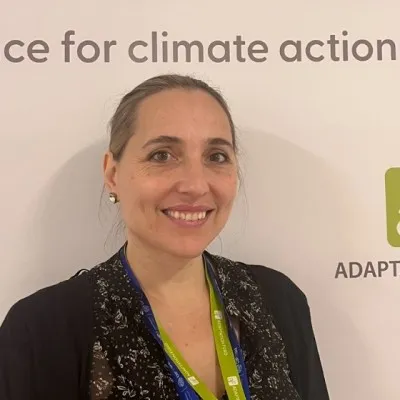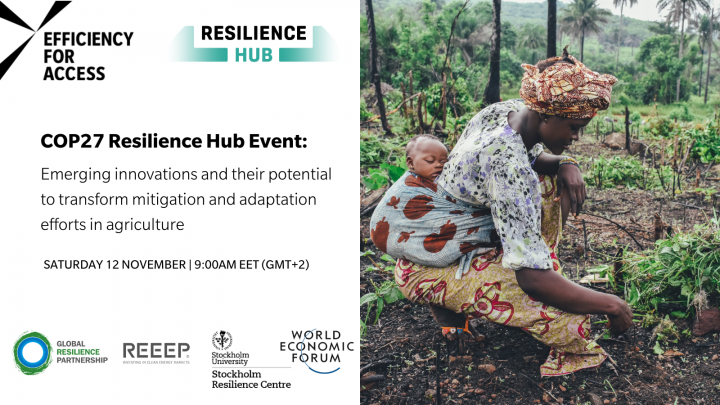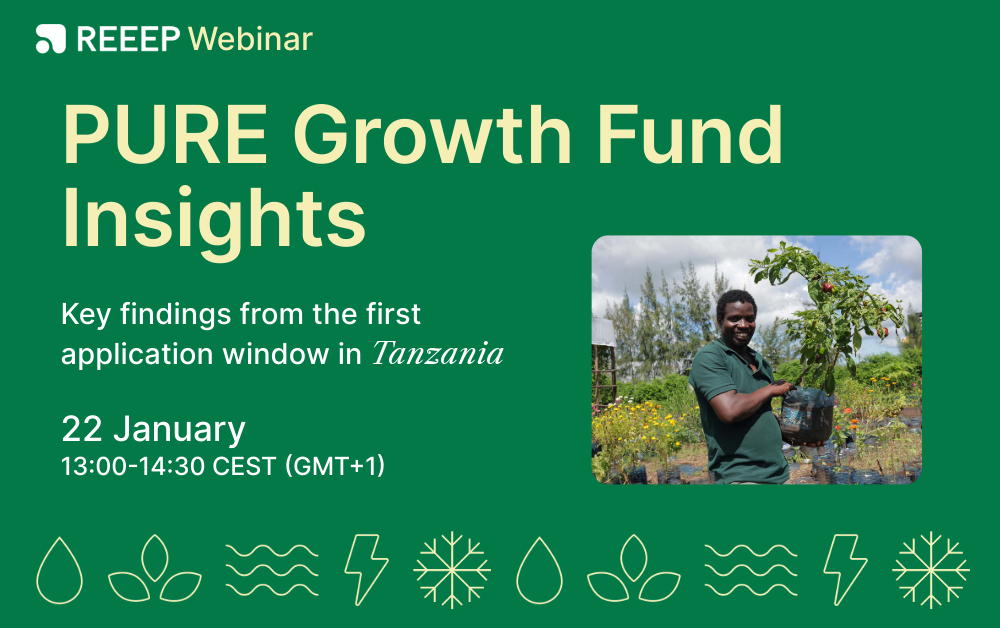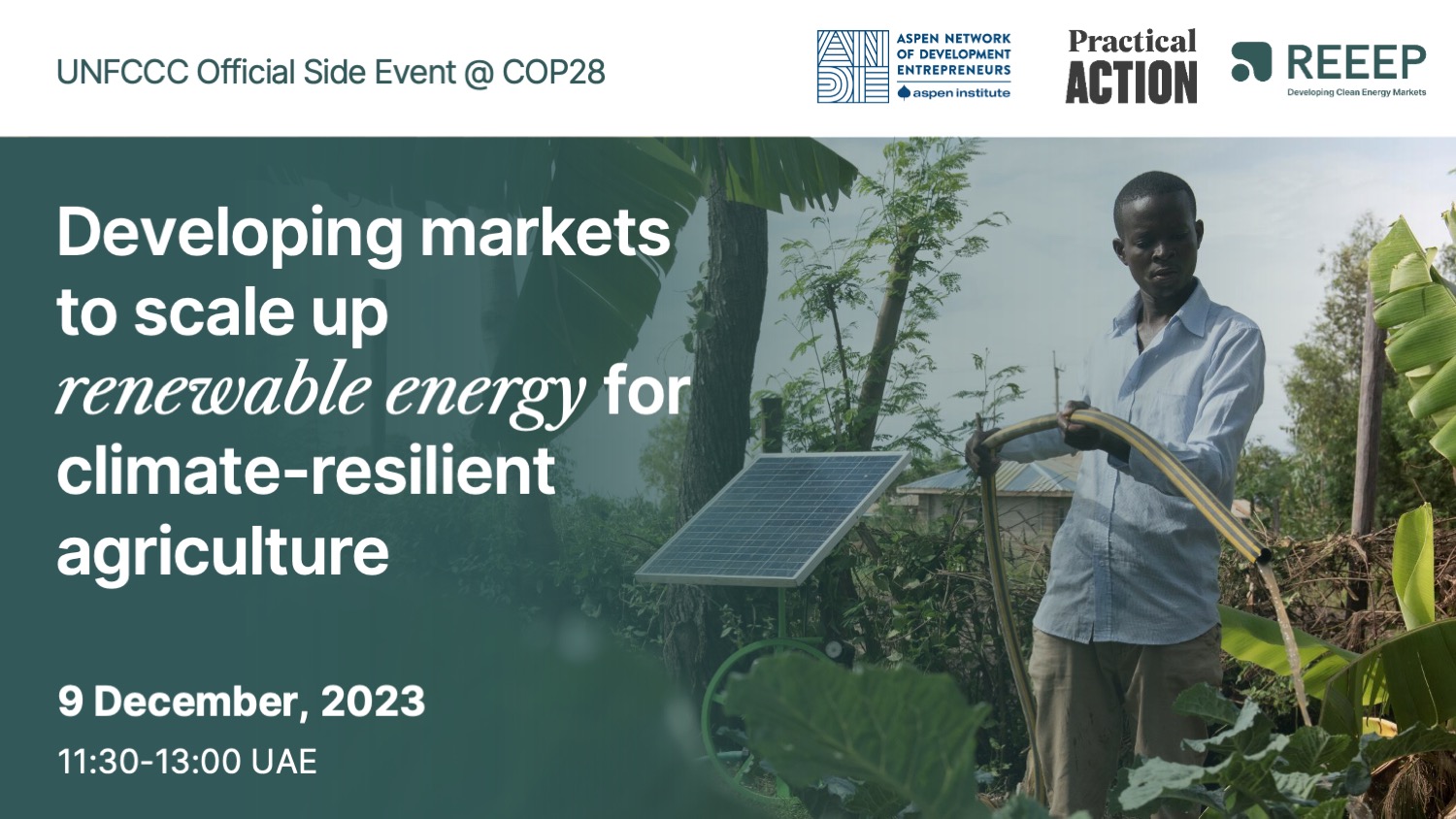This event, jointly led by UNIDO and UNEP, brings insights from UN initiatives leveraging private sector’s innovation capacity for climate adaptation and resilience. It will benefit from UN-wide climate adaptation innovation and learning on unlocking private sector’s role in climate change adaptation.
In 2023, global warming exceeded 1.5°c over an entire year for the first time, marking a critical threshold in climate impacts. The adaptation finance gap is now between $194 billion and $366 billion annually, highlighting the urgent need for increased and diversified funding sources. Without significant change, climate risks could outpace adaptation efforts. The New Collective Quantified Goal (NCQG) at COP 29 to replace the 100 billion per year Paris agreement, will hinge upon the ability of countries to identify and incentivise sources of finance that have previously been ignored, including private finance for adaptation.
Private sector actors, including financial institutions, are committing to net zero and sustainable finance practices, but progress on the ground remains slow. The World Bank identifies small and medium enterprises (SMEs) as the ‘missing middle’ in climate adaptation. SMEs are crucial, representing 90% of firms globally and contributing up to 60% of employment. This is particularly true in the least developed countries (LDCs), where SMEs drive economic growth, innovation, job creation, and integration of women and youth into the economic mainstream. 5
Recognizing the vital role SMEs play in mitigating climate impacts and addressing their specific challenges is essential for transitioning to a climate resilient economy. To close the adaptation finance gap, it’s crucial to scale up financing and incentivize previously overlooked sources, including for SMEs, to meet global climate adaptation needs.
Responses of the UN to these challenges include:
• Enhancing SME competitiveness to provide adaptation solutions, and nurturing investment grade MSMEs
• Designing innovative finance mechanisms for increased investment flows
• Facilitating technology transfer for fintech-enabled climate resilience in vulnerable communities.
• Strengthening adaptation innovation through communities of practice.
• Promoting systemic resilience in infrastructure and nature-based solutions
• Creating supportive policies for innovative adaptation
